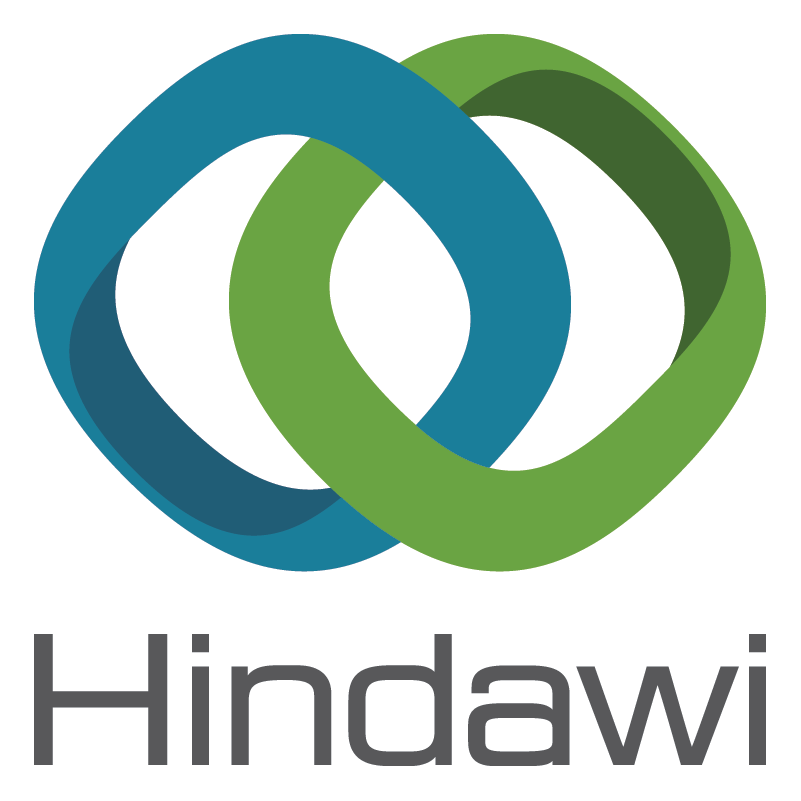Paul Tavner, Head of Institutional Outreach at Hindawi, answers our questions.
 – Your organisation has been supporting DOAJ for some years now. Why is it important for Hindawi to support DOAJ?
– Your organisation has been supporting DOAJ for some years now. Why is it important for Hindawi to support DOAJ?
DOAJ is a crucial tool for authors when assessing open access journals. Its use is taught by librarians around the world as part of Open Access 101. Hindawi strongly believes in supporting the development of tools that the community can rely on to make informed decisions about their publishing activities.
Importantly, DOAJ was designed as an ‘open first’ service – unlike legacy systems that are gradually retrofitted to support open practices. Developing and supporting new services dedicated to serving the open movement – such as DOAJ – is a key priority for us.
– What benefits does being indexed in DOAJ bring to your journals?
The way that people think about and assess journals is changing. Prestige will always be an important factor when considering publishing venues, but open access – and open science more widely – adds new considerations to this decision-making process.
In a world of evolving practices and priorities, DOAJ encourages authors to think carefully about the most fundamentally important qualities a journal offers. A journal listed in DOAJ provides reassurance to authors that essential standards are met and that they can expect a certain level of service when submitting.
The fact that many librarians train authors to use DOAJ as a discoverability platform – as well as a tool for assessing journals – also means that more authors are finding and submitting to Hindawi’s journals for the first time via DOAJ.
– What is Hindawi doing to support that development? Do you have any exciting projects underway?
Hindawi’s current priorities are around the development of a truly open infrastructure for scholarly publishing. Although we’re actively developing our own solutions in-house, we strongly believe that collaborative community-led projects are where real progress will be made in this space. We’re therefore contributing significantly to initiatives including Crossref, the Initiative for Open Citations (I4OC) and the Collaborative Knowledge Foundation (CoKo).
Our CEO, Paul Peters, wrote a detailed blog post on this subject at the end of last year, which you can read here.
– What are your personal views on the future of Open Access publishing?
The Open Access genie is out of the bottle. It’s no longer a questions of ‘if’ Open Access will become the dominant paradigm, it’s just a question of ‘when’. As more and more digital natives become practicing researchers and take over from predecessors, the mental contortions needed to justify the old-fashioned practices of legacy business models become increasingly difficult to sustain.
That said, OA has a lot of problems that need to be resolved. APCs are a clever solution in many ways, but much more needs to be done to explore how they can be more rationally deployed. We need to do more to support researchers in countries with poorer access to funding. OA also has a huge problem with jargon – specifically around the varieties (gold, green etc.).
– What do you think that the scholarly community could do to better support the continued development of the Open Access movement in the near future?
My main wish is that as many people as possible could critically assess what they think they know about open access. Conflations of gold OA with APCs; slurs about ‘pay to publish’; general suspicion about publishing operations from non-Western countries. These are all examples of dogmatic prejudice that could all be addressed with a little simple research.
We all have a responsibility to ask questions about why things are done in a particular way. Challenging convention is key to improving our systems and processes. This applies just as much to publishers as it does to researchers and librarians. Every person who challenges the status quo helps to encourage change and development.
– Much has been said recently about whether open access is succeeding or failing, particularly in terms of the original vision laid out by the Budapest Open Access Initiative in 2002. Do you think that open access has fallen short of this vision, or has it surpassed expectations?
More people have greater access to scholarly content than ever before in human history. We’re succeeding by some metrics, but lagging behind by others.
The BOAI has had a huge impact on the landscape of the scholarly communications, but it was the result of a specific set of challenges and opportunities at a particular point in time. Rather than concentrating on its vision then, we should be looking more at the challenges and opportunities available to us now.
